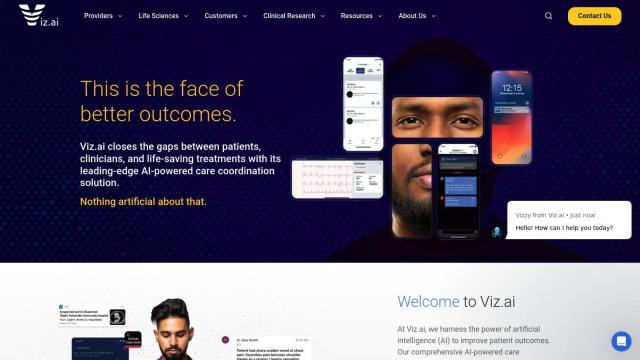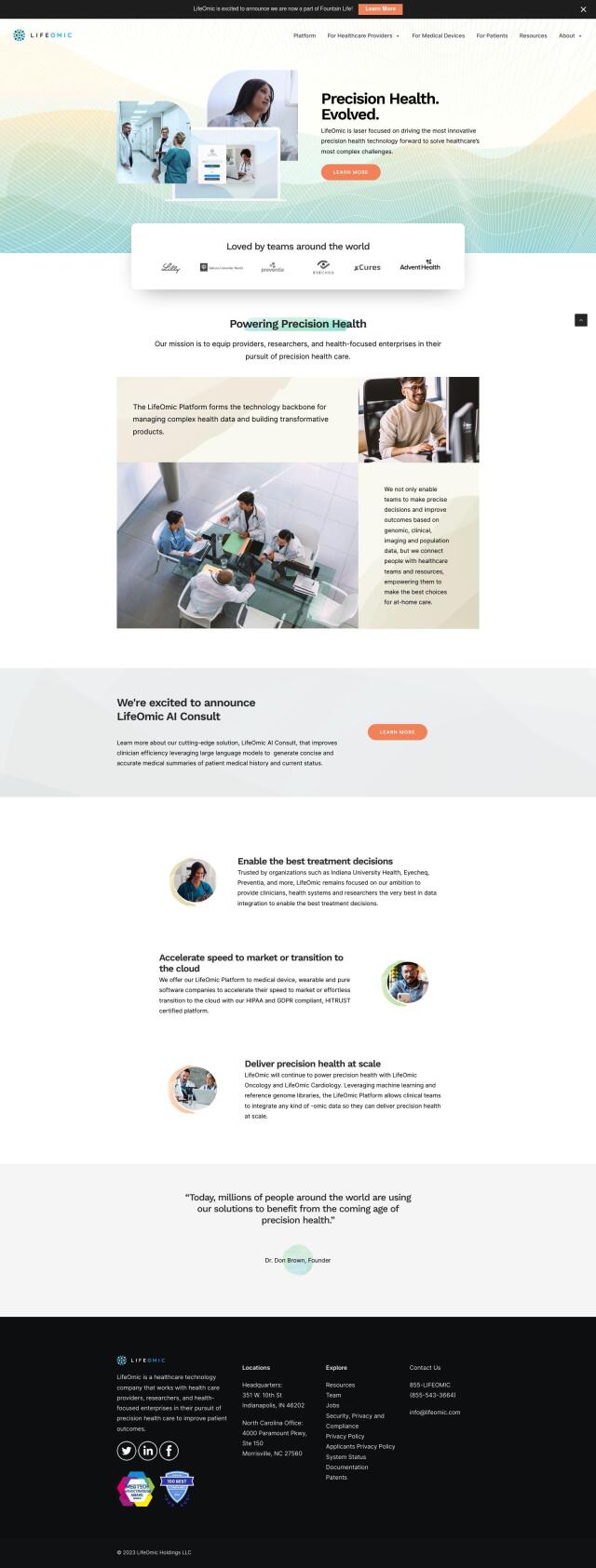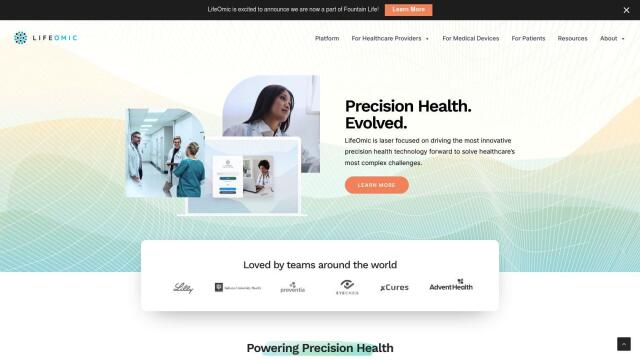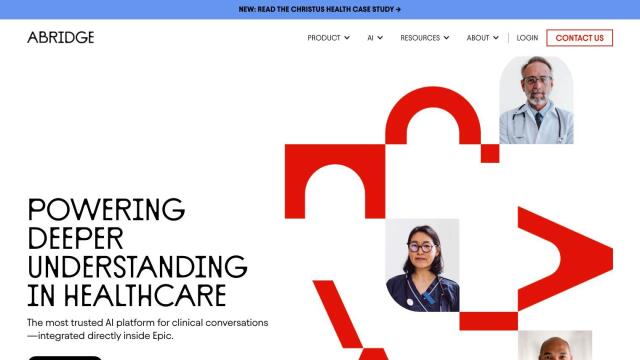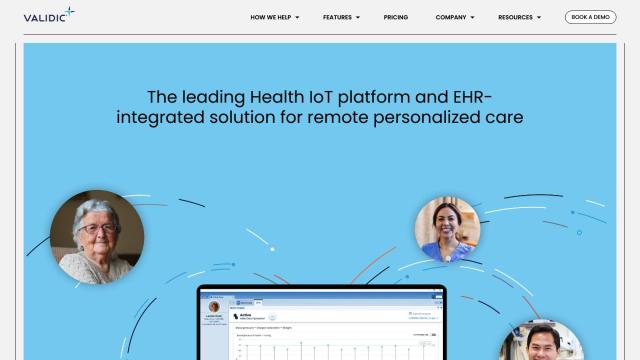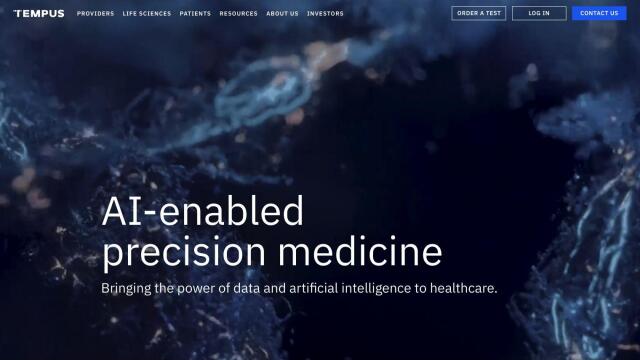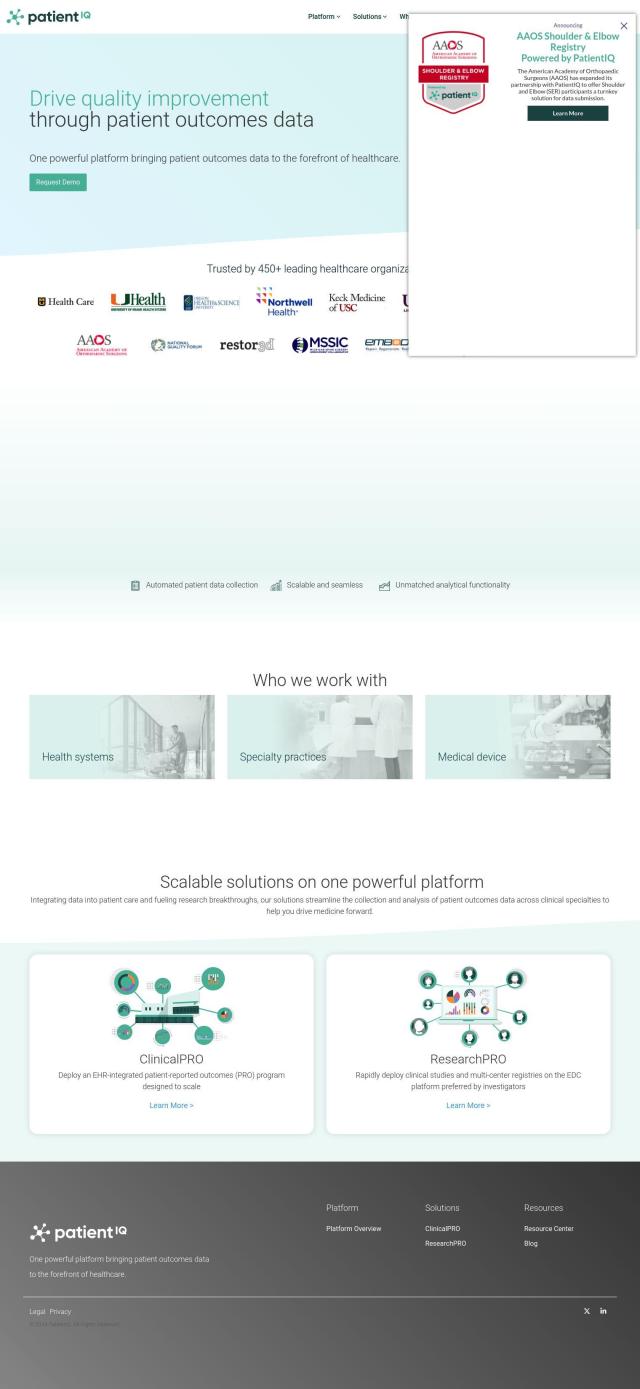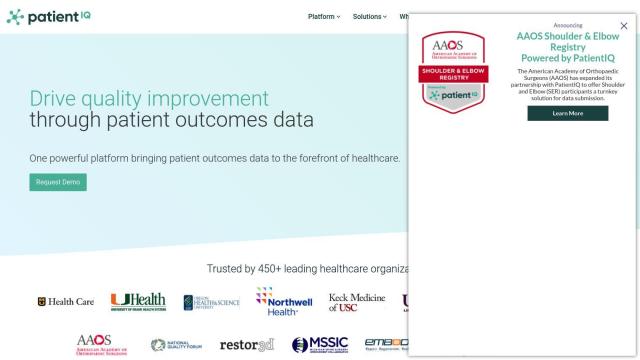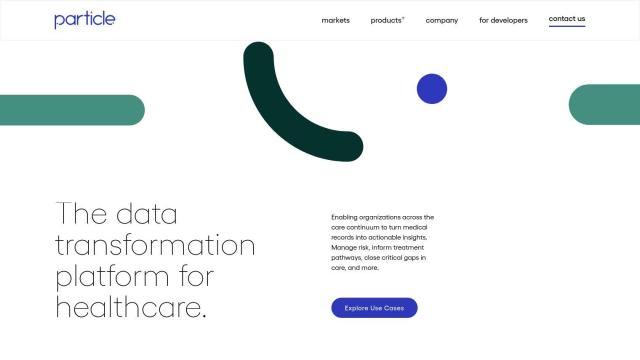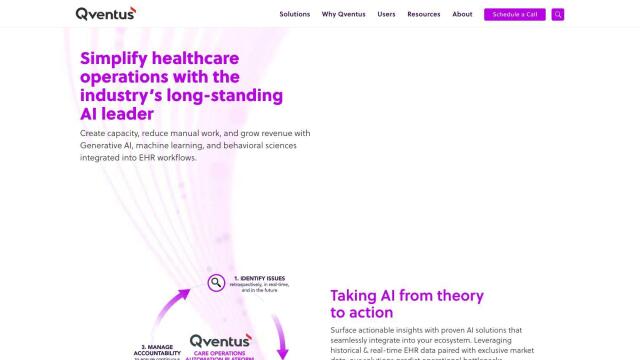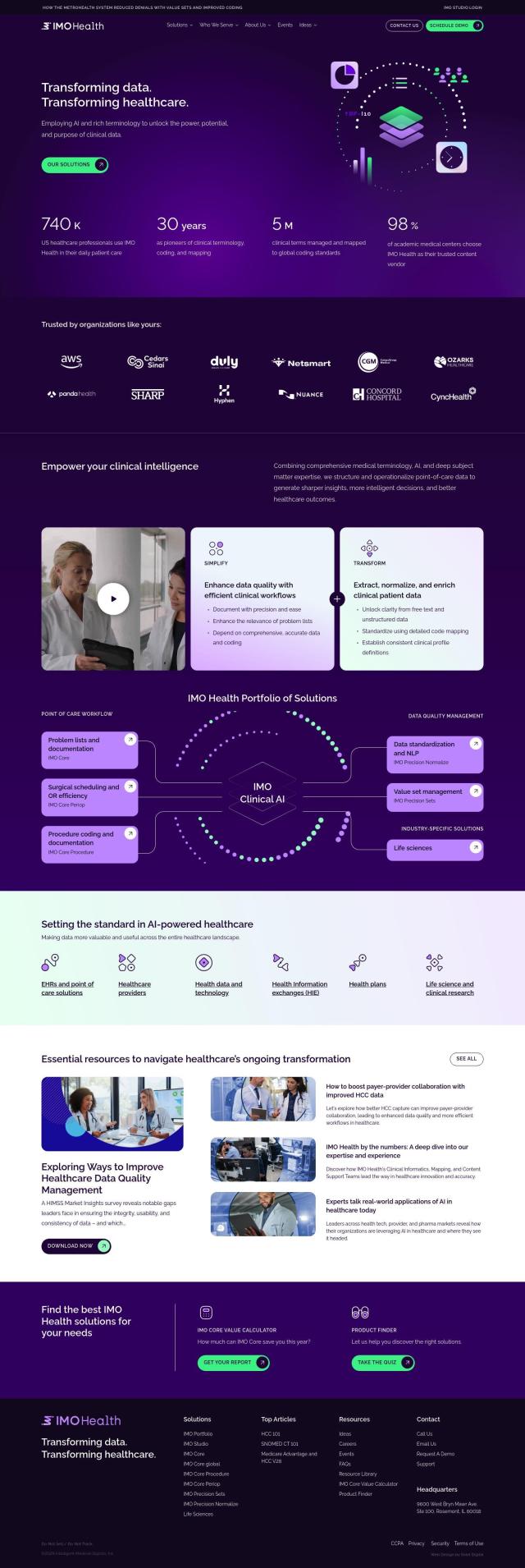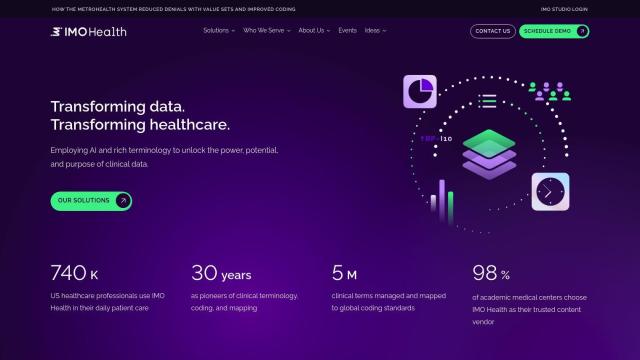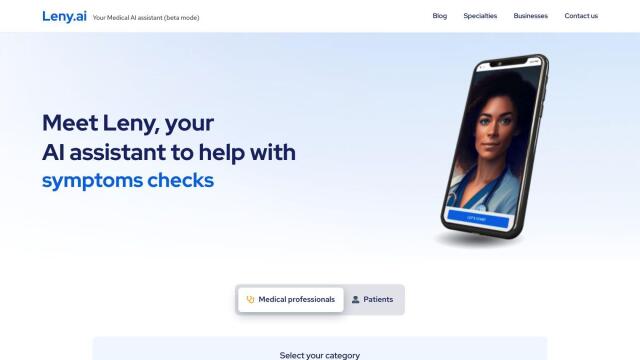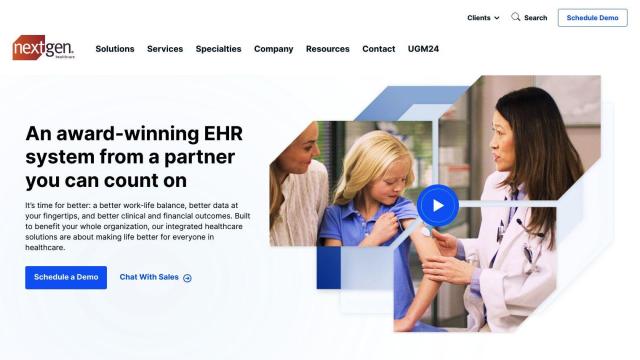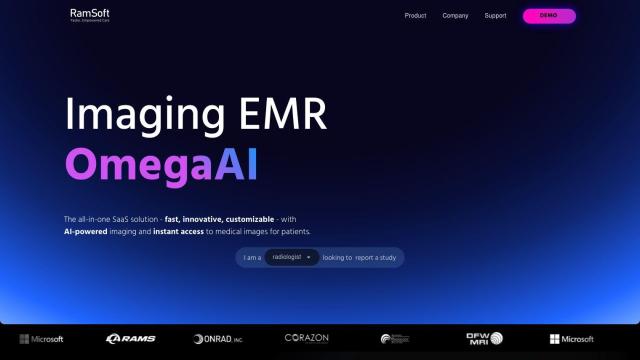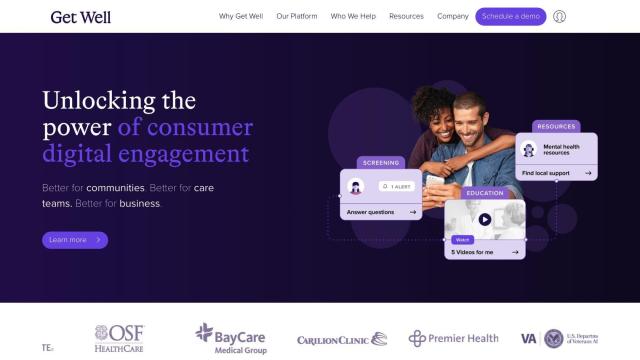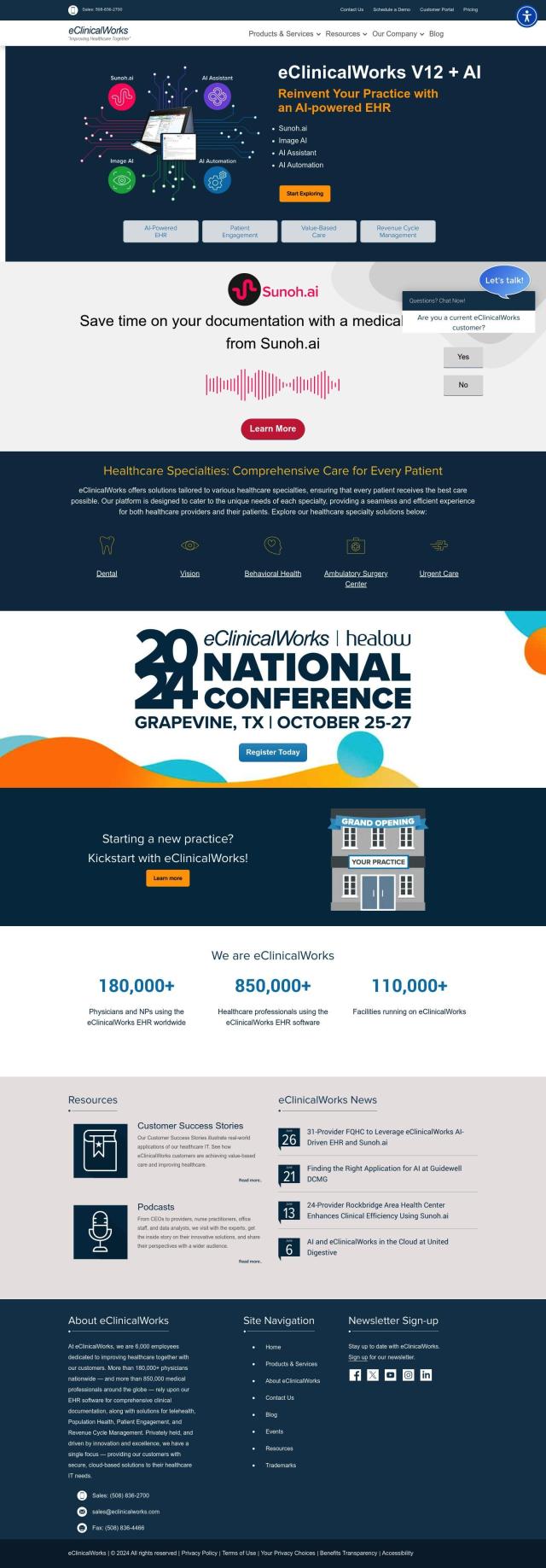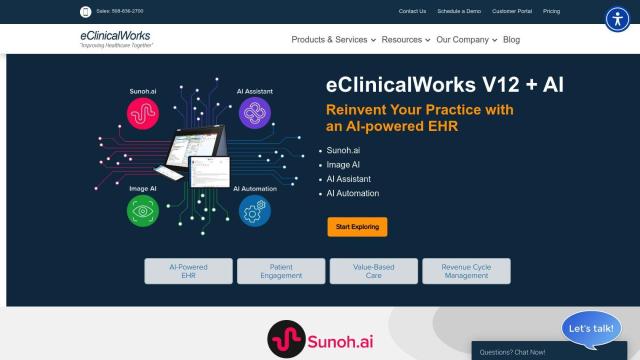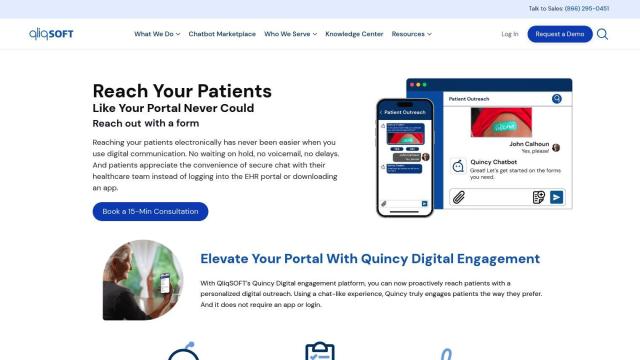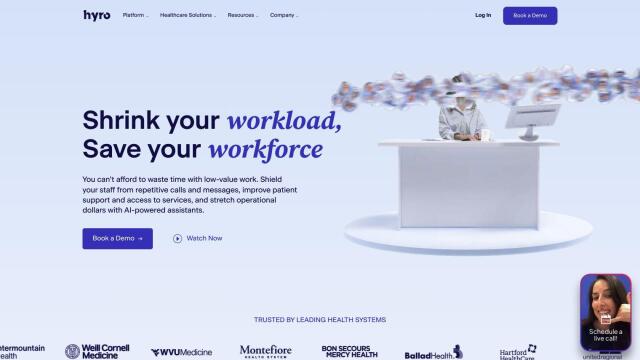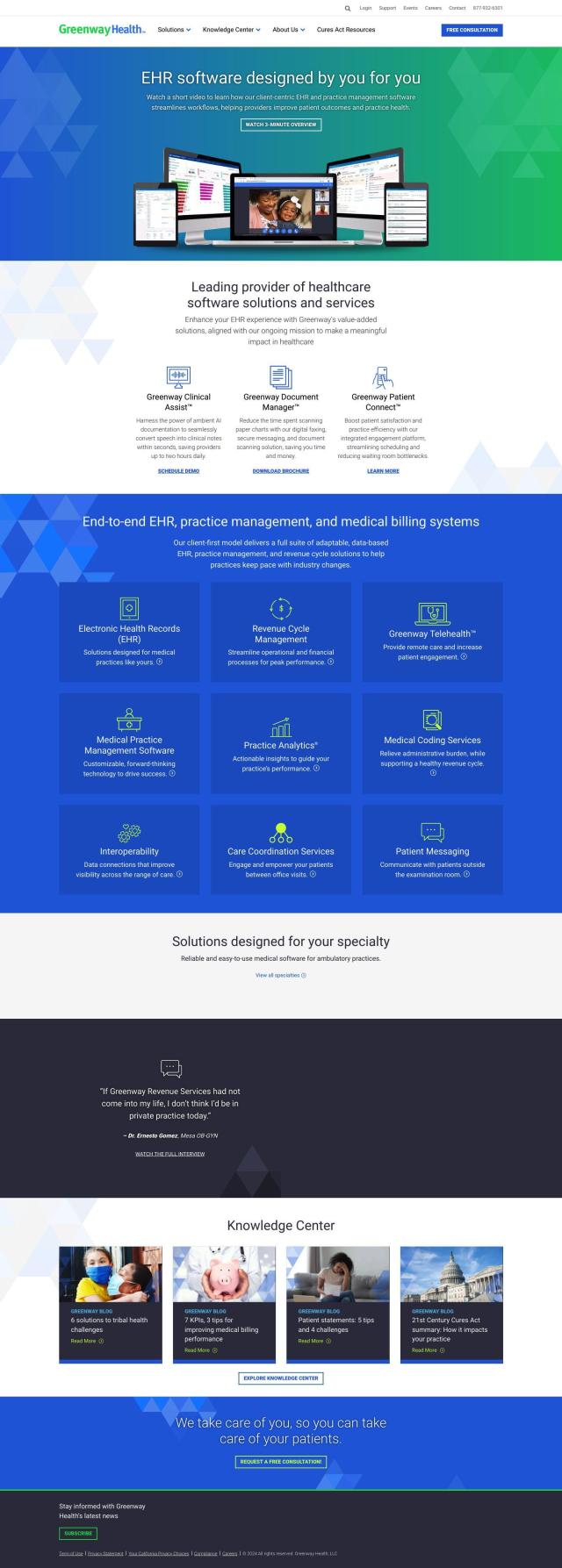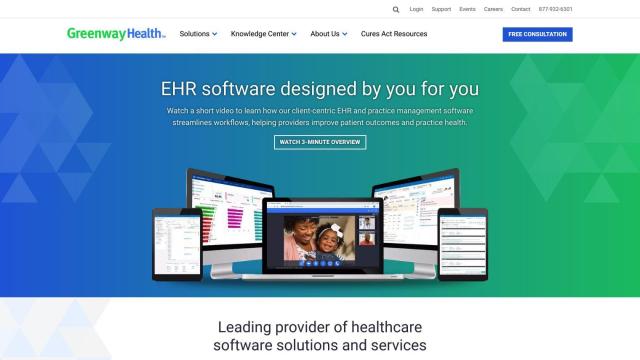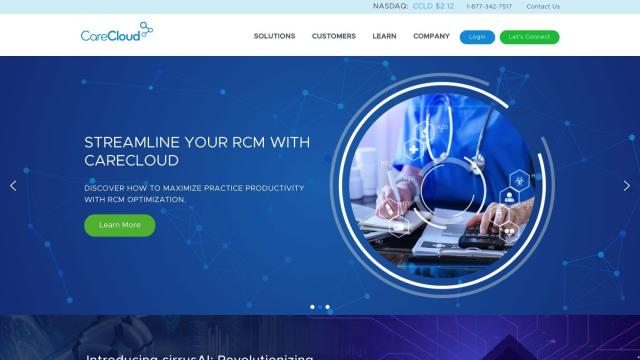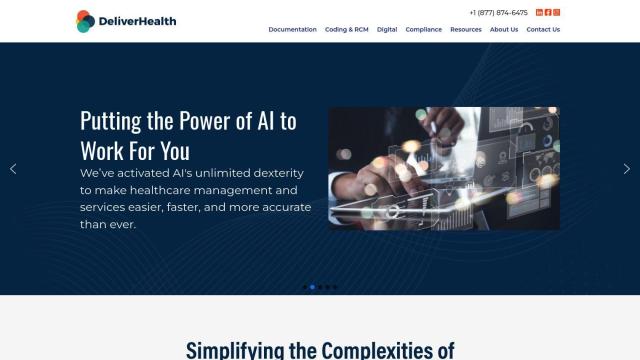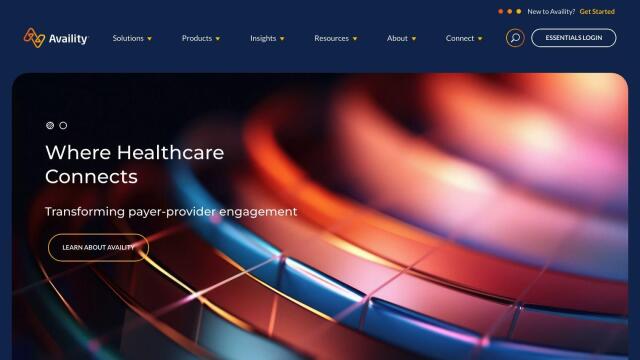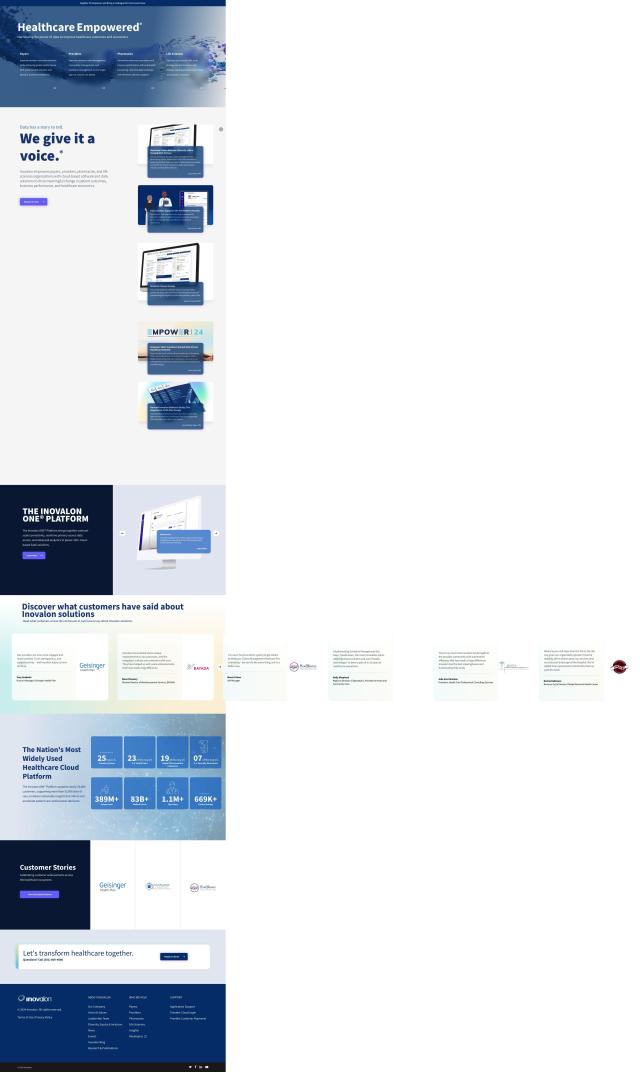
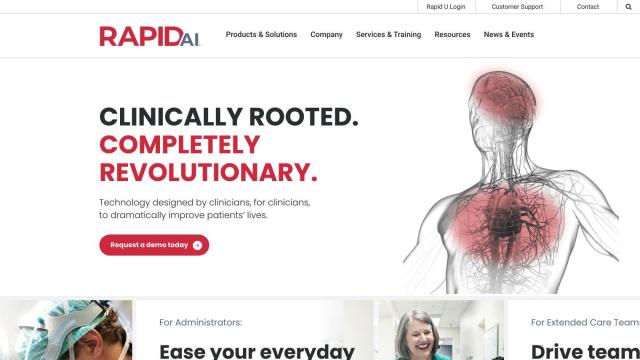
RapidAI
If you're looking for another Viz.ai alternative, RapidAI is a good option. This clinically validated AI platform improves patient outcomes in neurovascular and vascular care by accelerating and improving triage and treatment decisions. It has a suite of products designed for specific clinical needs like stroke, aneurysm and pulmonary embolism, with features like rapid turnaround times, accurate diagnoses and optimized workflows.

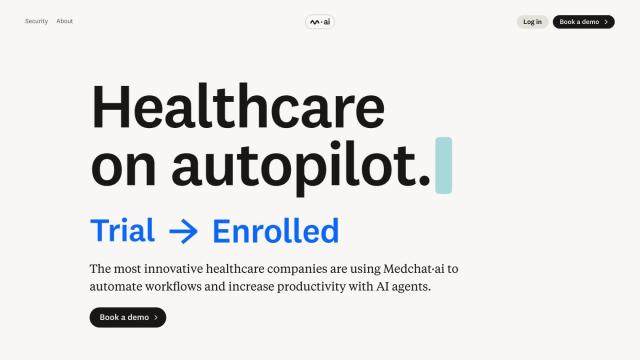
Medchat·ai
Another option is Medchat·ai, an automation platform powered by AI that can help you work more efficiently and automate healthcare workflows. With its Automation Studio for creating custom workflows, Agent·ai for conversational AI experiences and Triage for AI-powered patient assessments, Medchat·ai integrates with core systems to minimize provider and patient hold times. It's also secure with SOC 2 Type II certification and HIPAA compliance.

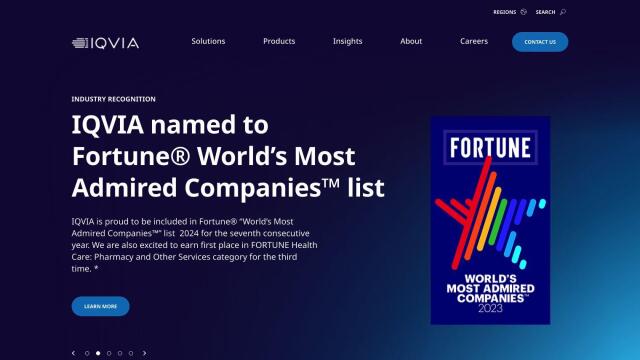
IQVIA
If you're looking for a more general-purpose healthcare technology, IQVIA has a variety of products, including Connected Intelligence, Healthcare-grade AI and Human Data Science Cloud. These are designed to help healthcare innovation and patient outcomes through data connections, analytics and stakeholder engagement. IQVIA's technology is geared for pharmaceutical, MedTech and health care companies trying to use AI to improve patient care.

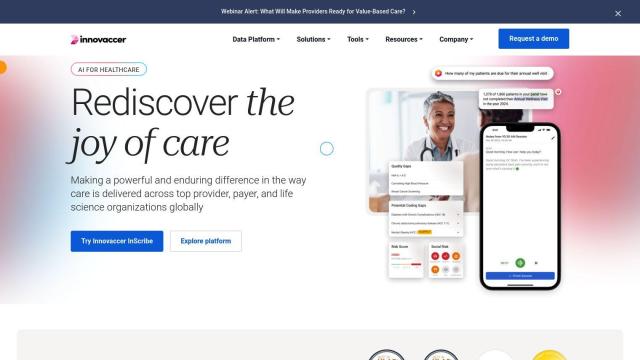
Innovaccer
Last, Innovaccer offers a full health cloud platform that collects health data and offers advanced analytics and applications to improve clinical and financial results. With features like a 360-degree patient view, data activation and healthcare AI platform, Innovaccer can help with care management, population health management and real-world data analysis. Its cloud-based architecture can scale to accommodate many health care stakeholders, so it's a good option for improving patient care and health care innovation.

